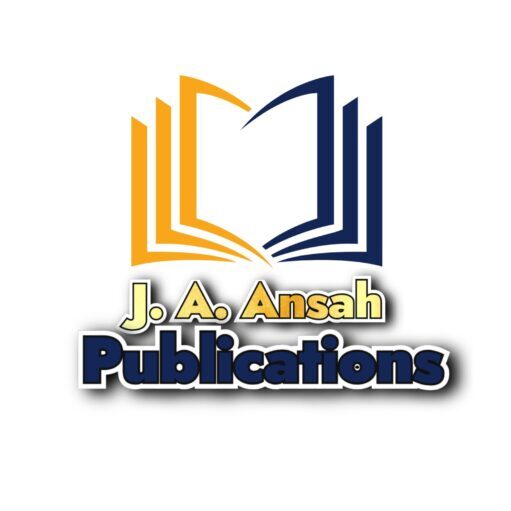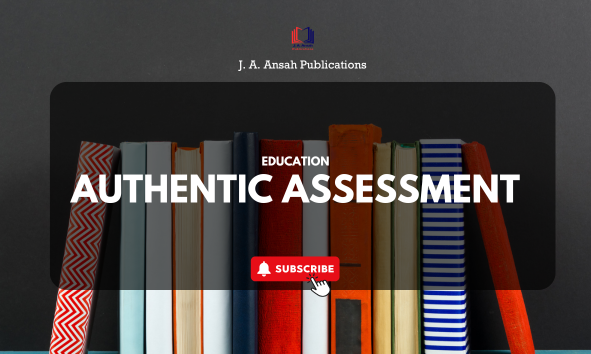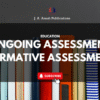AUTHENTIC ASSESSMENT
Authentic assessment is an approach to evaluation that focuses on assessing students’ knowledge, skills and abilities in real-world contexts and meaningful tasks that reflect authentic, everyday situations (Salend, 2019). It goes beyond traditional standardised tests and rote memorisation by emphasising the application of knowledge and skills in practical and relevant ways.
Promote authentic assessment tasks that mirror real-life situations and contexts. For instance, instead of relying solely on isolated, decontextualised questions, design assessments that require students to apply their skills and knowledge in practical, meaningful ways. This can include problem-solving tasks, simulations and project-based assessments.
Example: In an inclusive math class, instead of a traditional written exam, students could be given a real-world problem-solving task, such as designing a budget for a trip. This assesses their mathematical skills in a practical context and emphasises the application of knowledge rather than rote memorisation.
Implications: In special and inclusive education, authentic assessment has several implications:
Application of Skills in Real-Life Situations: Authentic assessment allows students to demonstrate their abilities by applying knowledge and skills to authentic, real-life situations. This approach provides a more accurate representation of their capabilities in contexts that mirror the challenges and expectations they may encounter outside the classroom. It helps bridge the gap between academic learning and practical application.
Promoting Transferable Skills: Authentic assessment tasks often require the use of transferable skills such as problem-solving, critical thinking, communication, collaboration and creativity. By engaging in authentic assessments, students have the opportunity to develop and showcase these skills, which are essential for success in various aspects of life, including further education, employment and independent living.
Engaging and Motivating Students: Authentic assessment tasks often involve real-world problems, projects or scenarios that are relevant and engaging for students. This can increase their motivation and investment in the assessment process, as they see the practical relevance and value of the tasks they are working on. Higher levels of student engagement can lead to increased effort, deeper learning and a positive attitude towards assessment and learning in general.
Holistic Assessment of Multiple Dimensions: Authentic assessment allows for a more holistic evaluation of students’ abilities by considering multiple dimensions of their performance. It considers not only factual knowledge but also skills, strategies, attitudes and values. This comprehensive assessment approach provides a more complete picture of students’ capabilities and allows educators to identify areas of strength and areas for growth across various domains.
Culturally Responsive Assessment: Authentic assessment can be adapted to reflect and respect the cultural diversity of students in special and inclusive education. By incorporating culturally relevant tasks and contexts, educators can create assessment experiences that are inclusive and respectful of students’ cultural backgrounds, experiences, and ways of knowing. This supports a culturally responsive approach to assessment that acknowledges and values students’ diverse perspectives and knowledge systems.
Promoting Self-reflection and Metacognition: Authentic assessment tasks often require students to reflect on their own learning process, evaluate their performance and set goals for improvement. This promotes self-reflection and metacognitive skills, enabling students to become more aware of their strengths, areas for improvement and learning strategies. By engaging in this self-assessment process, students can take ownership of their learning and become active participants in their educational journey.



